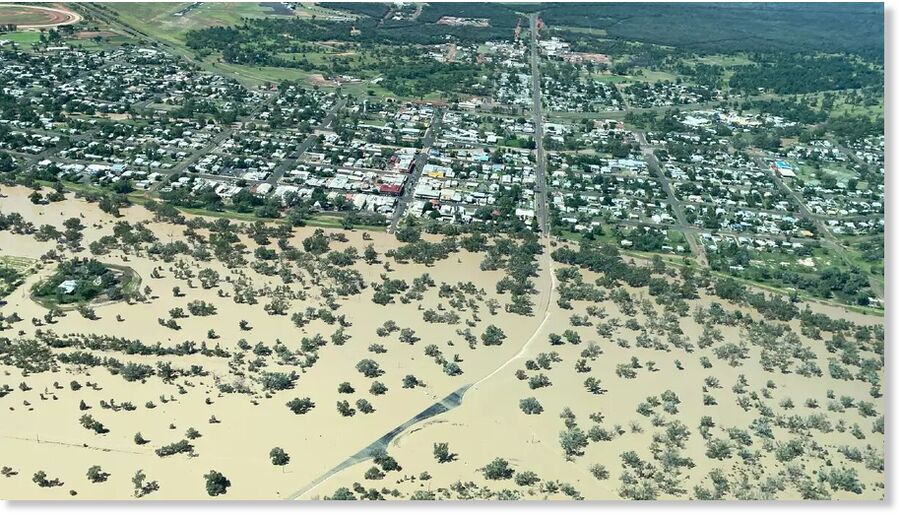
© The Daily Sceptic
An amount of land equivalent to the Isle of Wight has been
added to the shorelines of 13,000 islands around the world in just the last 20 years. This fascinating fact of a 369.67 square kilometre increase has
recently been discovered by a group of Chinese scientists analysing both surface and satellite records. Overall, land was lost during the 1990s, but the scientists found that in the study period of three decades to 2020
there was a net increase of 157.21 km
2. The study observed considerable natural variation in both erosion and accretion. Of course,
the findings blow holes in the poster scare run by alarmists suggesting that rising sea levels caused by humans using hydrocarbons will condemn many islands to disappear shortly beneath rising sea levels. By means of such flimsy scare tactics, as we have seen in many other cases, desperate attempts are made to terrify global populations to accept the insanity of the Net Zero collectivisation.
The scientists said their data suggested that sea-level rise has not been a widespread cause of erosion for island shorelines in the studied regions. "Presently, it is considered one of the contributing factors to shoreline erosion but not the predominant one," they explained. Needless to say, none of this will detain the attention of climate hysterics in both mainstream media and politics. The
Guardian was
in fine form last June stating that rising oceans will extinguish more than land. "It will kill entire languages," it added, noting the effect on Pacific islands such as Tuvalu. Those areas of the Earth that were most hospitable to people and languages are now becoming the "least hospitable".
Silly emotional Guardianista guff of course, but happily it does not seem to apply to Tuvalu.
A recent study found that the 101 islands of Tuvalu had grown in land mass by 2.9%. The scientists observed that despite rising sea levels, many shorelines in Tuvalu and neighbouring Pacific atolls have maintained relative stability, "without significant alteration". A comprehensive re-examination of data on 30 Pacific and Indian Ocean atolls with 709 islands found that none of them had lost any land. Furthermore, the scientists added, there are data that indicate 47 reef islands expanded in size or remained stable over the last 50 years, "despite experiencing a rate of sea-level rise that exceeds the global average".



Comment: Related: Beach huts washed into the sea as storm batters Cornwall, UK